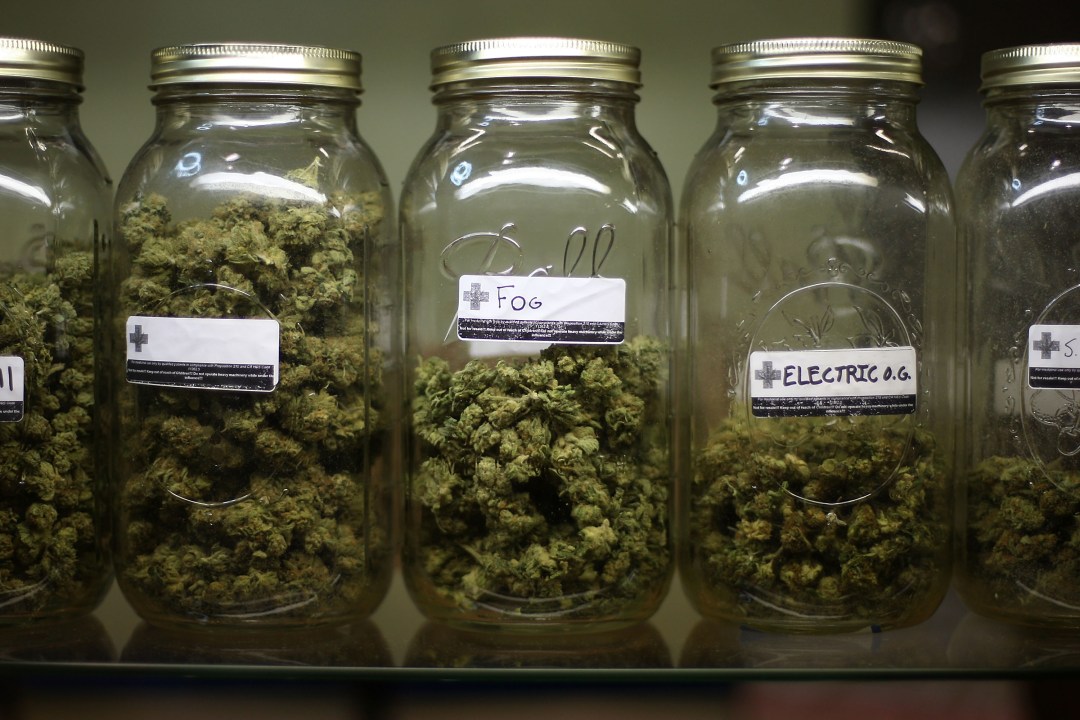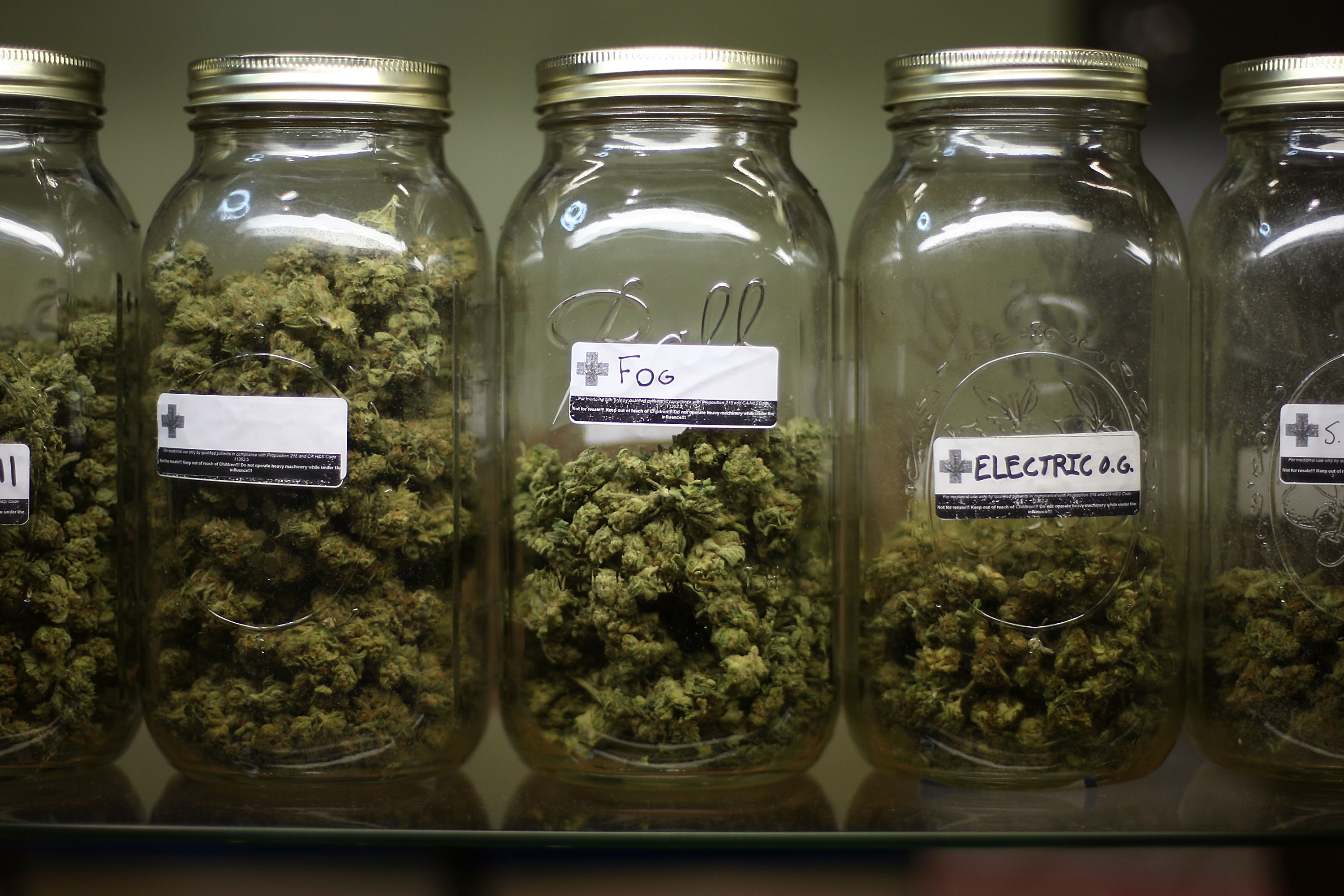There is something contemptible about Nick Clegg’s latest piece of handwringing. the Deputy Prime Minister – a position that, at least notionally, carries some clout – complains that he’d very much like to do something about Britain’s antiquated drug laws but, well, he can’t because it’s hard and, besides, the Tories are such rotters.
Clegg could have made this a cause. He could have done something about this before now. He could, at the very least, have talked about the War on Drugs rather more than he has. He could even have noted, frequently, that David Cameron has changed his own tune on these matters, abandoning the sensible attitude he once had. He has, instead, chosen not to. That’s fine and his prerogative. But spare me the sanctimony of pretending he’s interested in changing the drug laws while, as best one can tell, doing almost nothing to actually bring about that change. There is something unseemly about the Deputy Prime Minister commenting upon government policy as though that policy had nothing whatsoever to do with him.
Then again, if Clegg was serious about home affairs he might not have appointed a conspiracy-loon like Norman Baker to the home office.
Still, Clegg’s sillyness is not, I suppose, as bad as Peter Hitchens’ ridiculousness. Writing, as Coffee House reminds us, in this magazine last year Hitchens declared, in all apparent seriousness, that the War on Drugs doesn’t even exist. Seriously:
How is it that, in a country where drugs are supposedly illegal — where ‘evil dealers’ are endlessly denounced — that drugs are so common and that little or nothing happens to those who are caught in possession of them? How did the ‘cannabis warning’, a gesture without force or penalty, unsanctioned by Parliament, become the preferred response of the police to the crime of possession? How can Pete Doherty drop illegal drugs on the floor of a courthouse, be caught by a security guard and yet walk free from the building, if we are — as we are so often told — running a regime of stern prohibition?
The answer is that the official version of events is simply false. Since a momentous Cabinet meeting in February 1970, there has been no ‘war on drugs’ in this country, only the official pretence of one. I beg my fellow commentators, columnists and pundits: please do not take seriously any claims that our drug problems stem from zealous enforcement of cruel laws, or you might find me camping outside your front door in a woolly hat, denouncing you and proclaiming your sins on a bedsheet.
Well. It is true that our “drug problems” – to the extent they exist – are not the consequence of zealous law enforcement. They are, instead, the consequence of the human desire for escapism and the pleasures of losing oneself in a different, kinder, better world. And no laws – at least no proportional or humane laws – can eliminate that. Nor can they defeat that thirst. The appeal of intoxication will always be stronger.
The question is not whether we are winning or losing the War on Drugs but whether we should be fighting it at all. The cost-benefit analysis of the matter is one thing; the philosophical argument another.
Be that as it may, the fact that more people take – and enjoy – recreational drugs than can be accommodated in the prison system should not be taken as evidence that the prison system has no room for drug users. If only that were the case!
In England and Wales last year there were no fewer than 58,672 convictions on drug charges. In addition to that some 73, 973 “cannabis warnings” were issued.
And, in England and Wales last year, some 9,562 people were imprisoned having been convicted of one kind of drug offence or another. Try telling them – and their families – that the War on Drugs is a myth. To put this number in context there are, almost exactly, as many people imprisoned for drug offences as there are for robbery (5,276), sexual offences (3,459) and criminal damage (1,085) combined.
Of course, drug taking and even drug suppling is rather more widespread than these other crimes. Even so, there are more convictions on drug offences each year than on crimes of violence against the person (39,176 last year) or burglary (24,547). Of course there are more drug-users in Britain than there are burglars (this is a good thing, by the way) but the idea no-one is convicted, far less imprisoned, because of our drug laws is utterly fanciful. You can only believe this if you have an aversion to the facts.
Just because British laws and policing are not as monstrously unjust and stupid as those pertaining in the United States does not mean there is no War on Drugs here. But it is just as futile as the War waged on the other side of the Atlantic.
Nor, in any case, is the cost of the War on Drugs confined to this country. It is a war that has helped claim thousands of lives overseas, especially in countries such as Mexico and Colombia. Prohibition is not the only cause of the horrific drug-spawned violence in those countries but it is a serious contributing factor. The Drug Warriors response is always the same: more of the same. They don’t care – not really – how many people must die.
That’s their prerogative too, of course, but the rest of us need not be so cheerily unconcerned by the consequences of the policies favoured by the Drug Warriors. The War on Drugs has been a boon for injustice and human misery. The idea it doesn’t exist at all is idiotic.
If only Peter Hitchens was right. If only Nick Clegg felt like actually doing something about it.








Comments